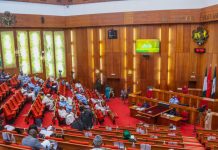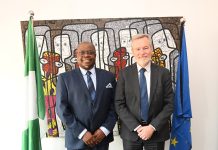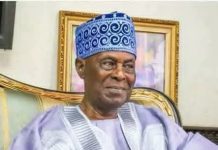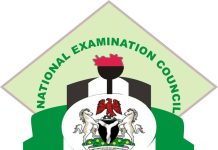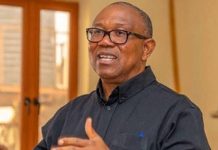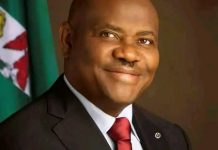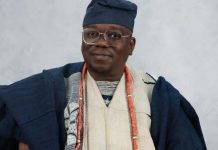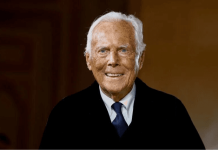NOA DG, Senior Officials Join Executive Training in Morocco
In a strategic move to strengthen the National Orientation Agency’s (NOA) performance and advance President Bola Ahmed Tinubu’s Renewed Hope Agenda, Director-General Mallam Lanre Issa-Onilu, alongside senior agency officials, joined the Executive Programme on Integrated Performance, Accountability and Digital Risk Management for Public Sector Leaders in Casablanca, Morocco.
Organised by the Bureau of Public Service Reforms (BPSR) in partnership with the Africa Development Studies Centre (ADSC), the training aims to enhance digital governance, accountability, and citizen-focused service delivery across Nigeria’s public sector.
At the flagship session, Mallam Issa-Onilu emphasised the importance of unity in accelerating Nigeria’s growth.
He highlighted how NOA is leveraging digital technologies to strengthen its structure, enhance its mission, and deliver on its mandate of sensitising Nigerians on government policies, programmes, and activities. The youth, who represent the largest share of the population, remain a central focus of these efforts.
He further noted the deployment of innovative tools such as hackathons and incentives to deepen young people’s knowledge of government initiatives. Through CLHEEAN, the NOA’s AI-powered voice and chat assistant, citizens can ask questions and receive real-time answers on government policies across Ministries, Departments and Agencies (MDAs), bridging the gap between government and the people.
Declaring the training open, the Director-General of BPSR, Dr. D.I. Arabi, explained that the programme reinforces the eighth priority area of President Tinubu’s agenda: ensuring inclusiveness through measurable performance indicators. Dr. Arabi stressed that the initiative, anchored on 15 key indicators, seeks to modernise Nigeria’s public service and create a unified government website aligned with the National e-Government Master Plan, including digital record management systems.
He emphasised that effective governance requires linking individual and institutional performance to measurable outcomes, fostering accountability, transparency, and trust. While digital transformation promises efficiency, innovation, and improved service delivery, it also introduces risks such as cyber threats and data breaches, which must be mitigated through robust digital risk management.
One of the highlights of the programme was a presentation by Hasnaa Boutzil, a project management and organisational leadership expert who transformed the CRPHOS analysis laboratory into a world-renowned reference centre. She shared insights from Morocco’s reform journey, stressing the importance of strong institutional frameworks, clear policy direction, and citizen-centred governance.
Drawing from her experience, Boutzil noted: “Sometimes seniority is mistaken for competence. True value comes not from how many years you’ve spent, but from the competency you have and the value you bring.” She emphasised that reforms must be demand-driven, adding: “The need for infrastructure must come from the bottom, from those who use it — not just imposed from the top.” She further cautioned that “it is not just about numbers. Real reform is about creating value, accountability, and sustainable results.”


